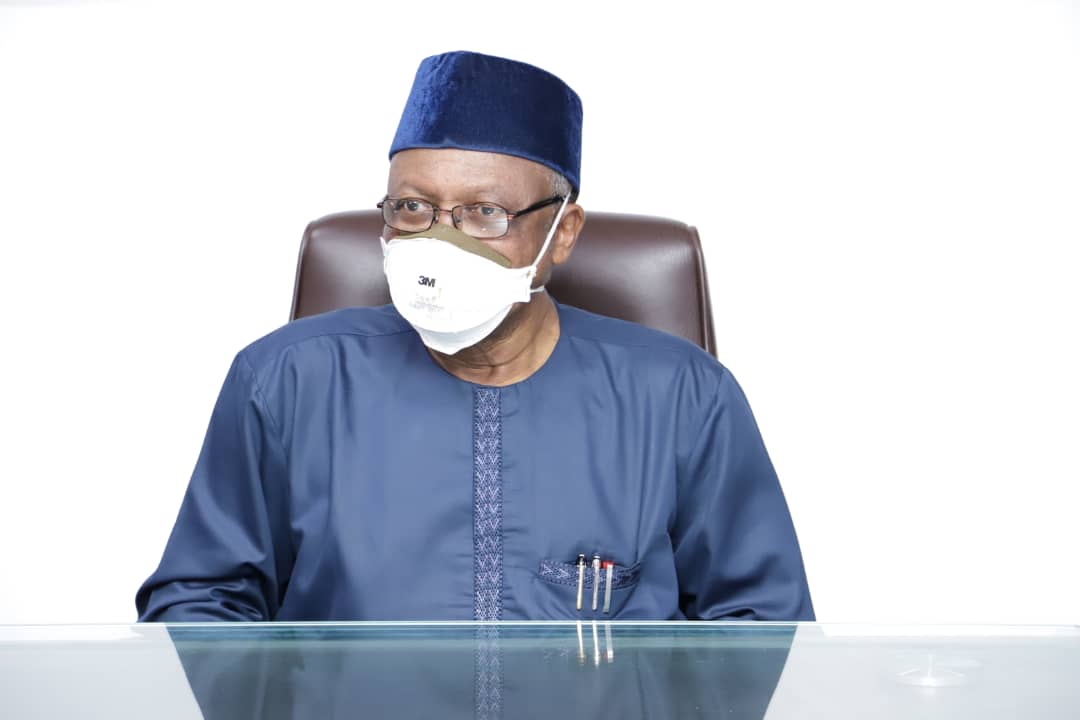The Minister of Health, Dr Osagie Ehanire on Monday revealed that over 35,000 people in Nigeria lose their lives annually to accidents due to lack of emergency medical services.
While adding that 50,000 women and 400,000 children under the age of five also die every year as a result of lack of emergency medical care and poor access to health care.
Ehanire made this known while speaking as a guest of honour during the opening ceremony of the three-day Bayelsa Health Summit, which began on Monday in Yenagoa, the state capital.
Ehanire said that, “Even after all said initiatives are place, many people lose their lives when they have medical emergency either because they do not have the money (that is lack of financial access) or they are not able to get healthcare on time (that is lack of physical access.
“These are needless deaths, they are not acceptable in any country that respect itself. Nigeria loses over 35,000 people annually to accidents. Nearly 50,000 women die in emergency every year.
“Majority of these can be saved if you just provided physical access, that is to say if you have primary health centre and you also have a transport system, first aid system and also financial support for it.”
The Minister further stated that the Federal Government was coming up with the National Emergency Medical Service System (NEMSS) in collaboration with private medical practitioners and governments of 24 states where the NCC 112 emergency call line was already in operation to render ambulance services and save lives.
Ehanire said the remaining states would join the NEMSS when the NCC call line had been installed in their areas, adding that the pilot of the scheme would be launched in Abuja very soon.
He commended Governor Douye Diri and members of his administration for choosing to use the summit to re-evaluate the Bayelsa health system.
Earlier, Diri said the health summit was important to his administration because it sought to achieve a goal considered as a critical benchmark to good governance.
“The healthcare system has everything to do with efficiency and effectiveness of governance. Our healthcare arrangement from primary to tertiary level must be in the best functional state in terms of physical structures, equipment, consumables and staff morale at all times,” the governor said.
Also , the former President Goodluck Jonathan noted that planning was key to successful healthcare delivery system, stressing that government plans should include private sector initiatives “to give solid healthcare delivery to Nigerians.”

